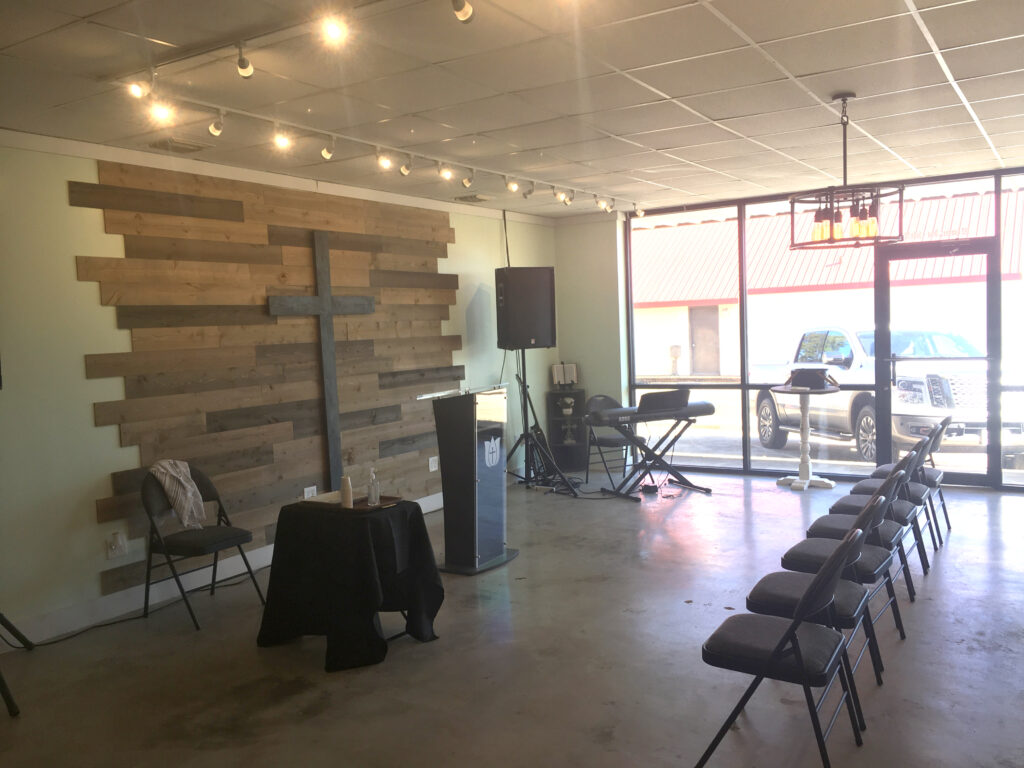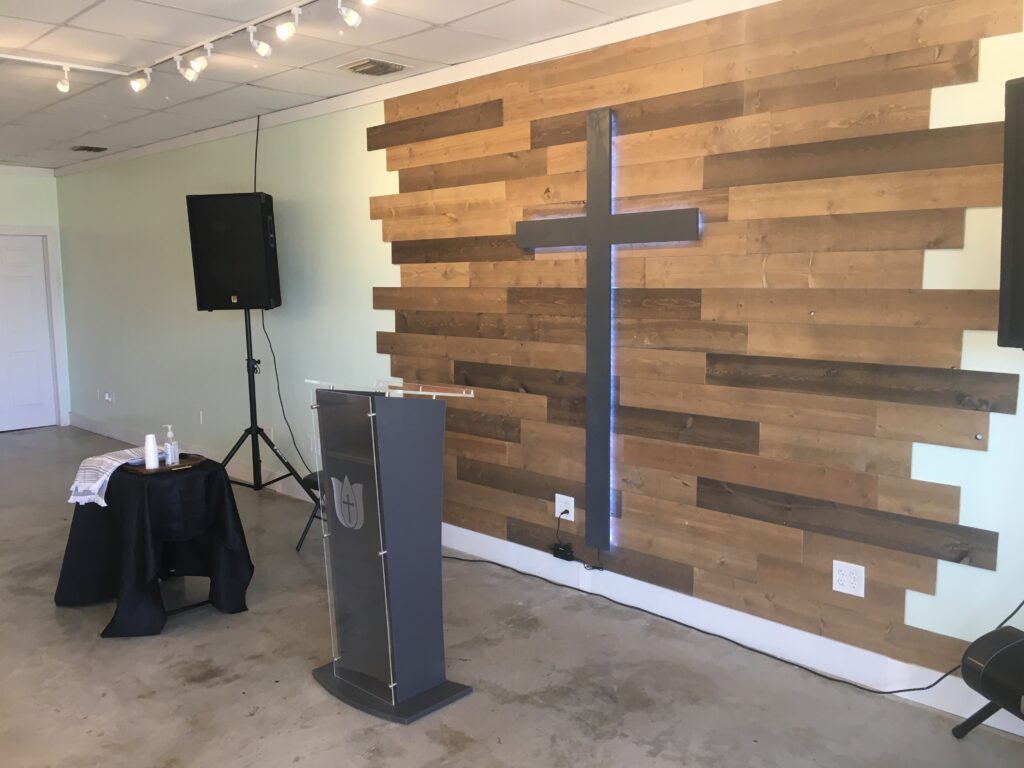In the average church today, there are a wide variety of theologies within each local body. This is mostly the result of a lack of confessions and creeds. The average church goer has little understanding of the many doctrines throughout the Word of God, and most churches do not make it a point to clearly articulate their views of these doctrines. Thus you have Sunday school teachers teaching one thing, and something completely different is heard from the pulpit. This is a major problem within today’s evangelical church. And those (such as the SBC) who do have a “confession of faith” rarely take the time to make their members understand it. Furthermore many confessions today (such as the SBC) are very vague and leave much room for interpretation. This is also dangerous and why we can no longer stand by and take part in such confusion within the body.
Some claim the creeds and confessions are unbiblical, that they are merely Roman Catholic traditions, or that they stifle the Spirit of God in the life of God’s people, they are, in fact, biblical and beneficial. Creeds and confessions are not made up, but are carefully drawn directly from scripture. Let’s look briefly at these two traits.
Biblical
First, creeds and confessions are biblical. This is illustrated by the fact that the Old Testament people of God confessed their faith every morning and evening with the words of Deuteronomy 6:4, the basic confession of the Old Testament: “Hear, O Israel: the LORD our God: the LORD is one.” We also learn that the Israelites confessed their faith in this one God when they publicly worshiped Him at the tabernacle and temple in response to His blessings of salvation (Deut. 26:1-11).
We also encounter many creeds and confessions throughout the New Testament, as the coming of the Son of God in human flesh prompted the people of God to give fuller expression to their beliefs. Peter confessed Jesus as “the Christ, the Son of the living God” (Matt. 16:16). This was the basic creed of the New Testament. Paul went on to elaborate on this in places such as 1 Corinthians 15:3-4, where he summarized the faith of the church in this creed: “Christ died for our sins in accordance with the Scriptures … he was buried … he was raised on the third day in accordance with the Scriptures.” In the previously referenced Ephesians 4:4-6, Paul gave what many scholars believe to be a creed that was recited when a new convert was baptized: “There is one body and one Spirit … one hope … one Lord, one faith, one baptism, one God and Father.” One last example of a New Testament creed is 1 Timothy 3:16, where Paul wrote to the young pastor Timothy, saying, “Great indeed, we confess, is the mystery of godliness: He was manifested in the flesh, vindicated by the Spirit, seen by angels, proclaimed among the nations, believed on in the world, taken up in glory.”
While these texts from the Old and the New Testament are not as extensive as the creeds that were written by the ancient church fathers or the confessions of the Reformation, they show that there was a basic body of belief that the people of God confessed as the truth. Based on this fact, the church fathers and Reformers expressed the truth of the Word in their contexts in order to make clear what they believed.
Thus, creeds and confessions are not statements of stuffy “dead orthodox” churches or Roman Catholic churches. Instead, Christians throughout the millennia have written and recited creeds to express the faith that lived in their hearts. The Bible teaches us that, as the people of God, we have something to confess to the world. The slogan “No creed but Christ” actually hinders the church because, as one writer has said, “A creedless church cannot long exist.” Without something to confess, our faith is empty and meaningless to a world in need of Christ and the answers He gives to our lives.
Beneficial
Not only are creeds and confessions biblical, following the scriptural pattern of expressing core beliefs, they are beneficial in many ways. According to the New Testament, the church is to be unified. Paul speaks of glorifying God “with one voice,” “standing firm in one spirit,” and “with one mind striving side by side for the faith of the gospel” (Rom. 15:5-6; Phil. 1:27). The church also needs a clear standard of truth. Because the church has ever existed amid false doctrines and philosophies, under the threat of being “tossed to and fro by the waves and carried about by every wind of doctrine” (Eph. 4:14), it needs to be taught the essential truths of the Word of God; in that way, it can better “contend for the faith that was once for all delivered to the saints” (Jude 3). For this reason, Paul preached “the whole counsel of God” (Acts 20:27) and spoke of Gentile Romans who were slaves to sin coming to be “obedient from the heart to the standard of teaching to which you were committed” (Rom. 6:17). Paul also wrote to Timothy that he should “follow the pattern of the sound words” (2 Tim. 1:13). The creeds and confessions of the church can help in carrying out all of these mandates by establishing a common confession of the faith.
The creeds and confessions are also beneficial because they provide a public standard for church discipline. They provide an objective standard to evaluate teaching and protect members from being excommunicated and shunned without any biblical steps of reconciliation simply because of personal differences or disagreements with the pastor. They are also useful in witnessing to the truth of the Word of God to those outside the church.
We long to be a part of a body of believers who are unified in one mind, one spirit and one voice. Will you join us?









